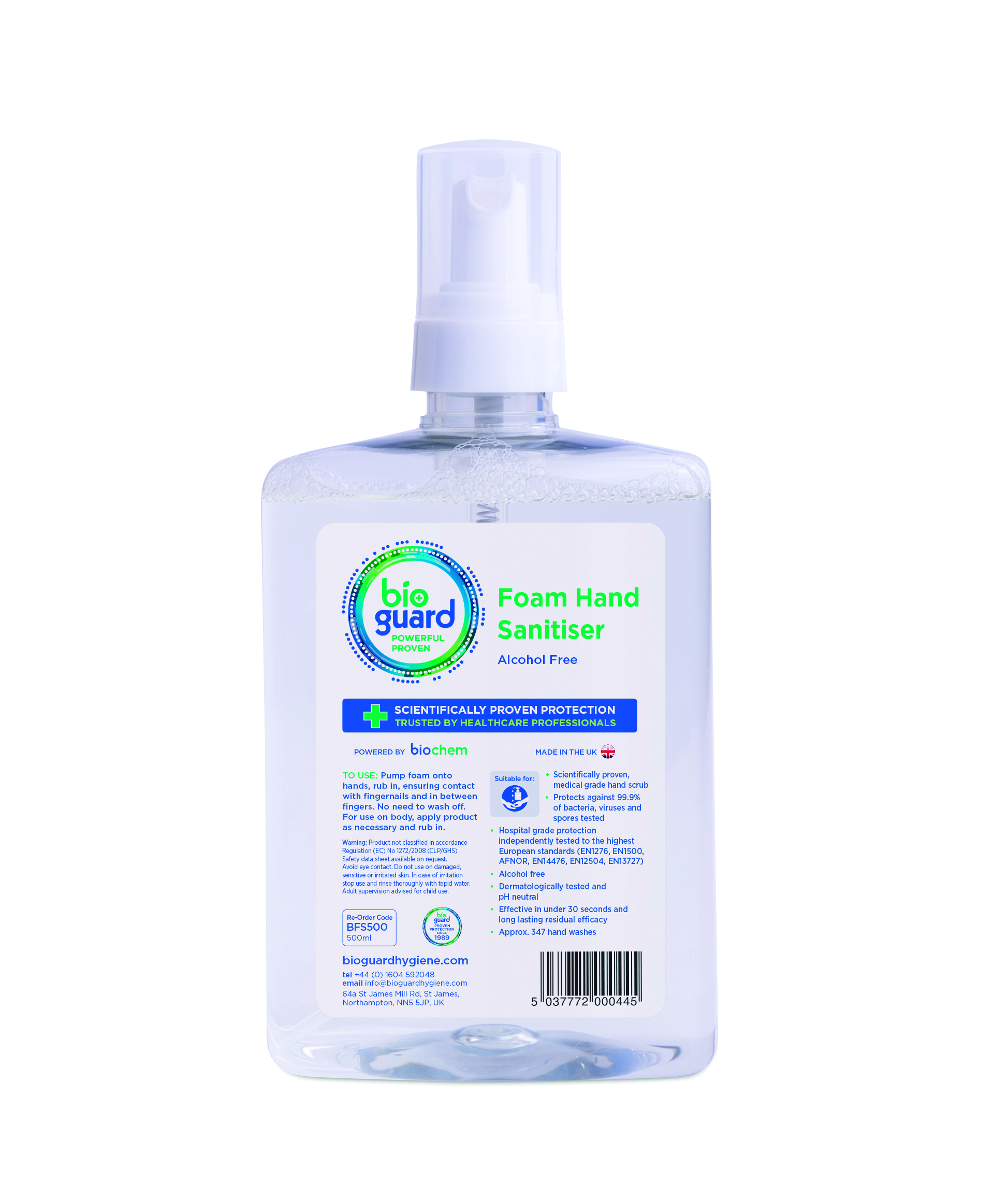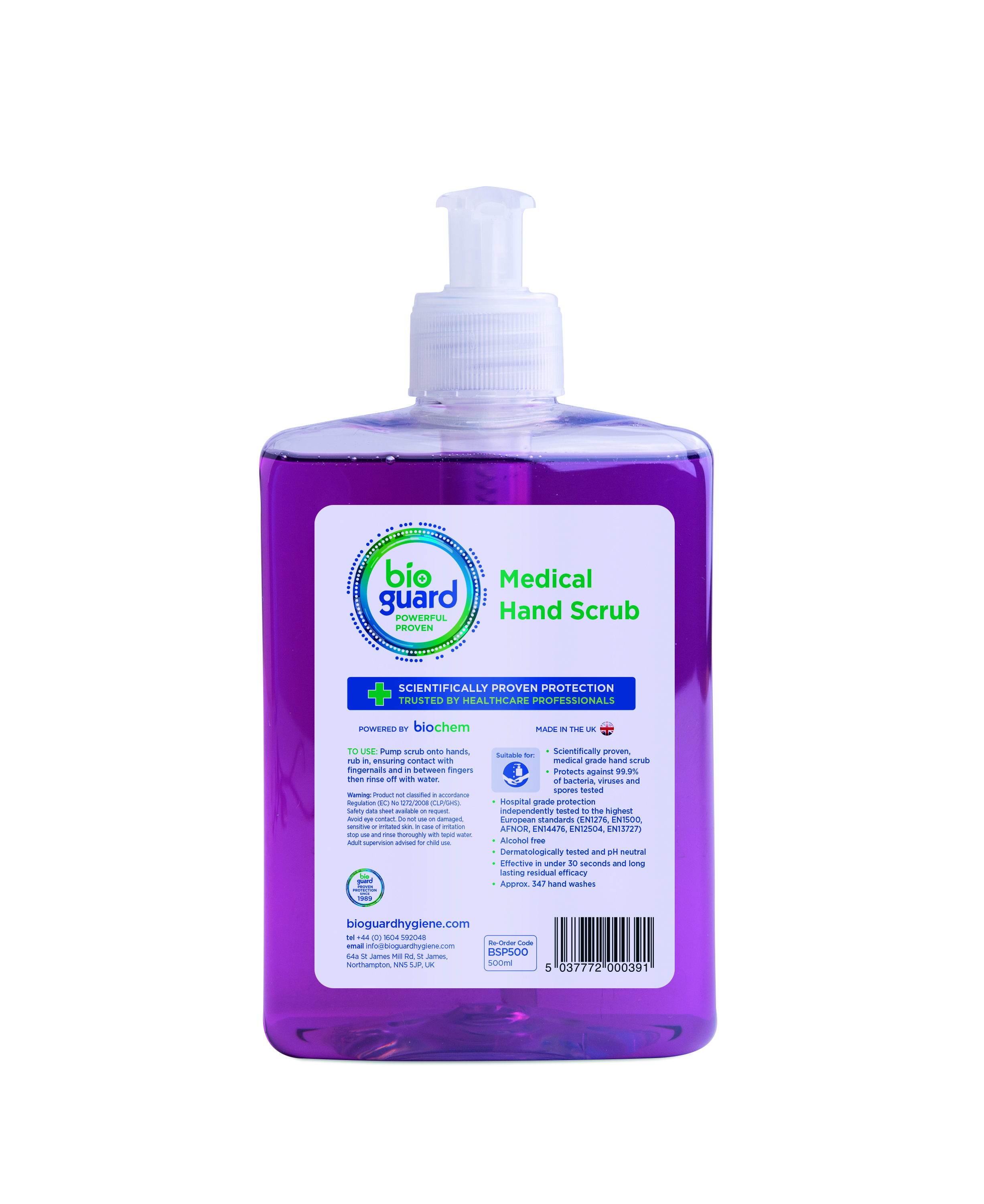
Clostridium spores- AMR menace?
Hospital acquired infections (HAIs) caused by viruses and bacteria are often talked about as being one of the major concerns in healthcare. The tentative expense of individuals infected by HAIs in the Indian healthcare sector, including CDIs, is around $4,611 per infected patient. [1] In events when patients suffering from HAIs need to be admitted to the intensive care unit, it can cost up to INR 2,23,155.81. [2] There is another threat that the world is facing, which calls for increased awareness- Infections caused by bacterial spores. Wondering what spores are? Gram-positive bacteria belonging to Bacillus spp. and Clostridium spp. are able to generate endospores as a survival mechanism.
Bacterial spores are considered the most dormant form of bacteria because they show minimum metabolism, respiration and enzyme production. Endospores are resistant to most chemical disinfectants, which makes it difficult to control such infections.
Some pathogenic species of Clostridioides difficile is formerly known as Clostridium difficile and often called C.difficile or more commonly C.diff are known to be the leading cause of nosocomial infections globally. Traditionally toxic chemical disinfectants are used to combat spores, but the downside is these harsh disinfectants can damage medical equipment, surfaces and harm human health.
C.difficile, also known as C.diff, is an obligate, anaerobic, spore-forming bacterium. C.diff infections (CDIs) are a severe healthcare problem, with increasing evidence of causing mortality and morbidity.
How C.diff causes HAIs
C.diff transmits spores through symptomatic and asymptomatic carriers to the environment or by means of healthcare professionals. In healthcare environments, the pathogen is commonly transmitted through hands of medical professionals. It spreads via direct and indirect contact, affecting the bowel, characterised by symptoms such as diarrhoea several times a day, fever, loss of appetite and stomach pain.
A hypervirulent strain/ribotype 027 of C.diff known as NAP1/B1/027 or North American pulse-field gel electrophoresis type 1 displays much more recurrence rate than its other strains. [3] It produces two toxins: enterotoxin A (Toxin A) and cytotoxin B (Toxin B) that determine the pathogenicity of the organism. Risk factors of a CDI mainly include prolonged exposure, healthcare settings, suppressant drugs and elemental diet. Since C.diff can survive in the environment for several months, it can re-activate upon contact with a vulnerable host.
Controlling CDIs poses a clinical challenge because the bacterial spores are resistant to most antibiotics and the infection often reoccurs. [4] C.diff spores possess the ability to survive in mono- or mixed-species biofilms. Infections by this pathogen can go out of control, emphasizing the need to manage them carefully. [5]
Reducing Spore infection with hygiene
C.diff spores can be found on multiple surfaces across healthcare facilities if they are not disinfected properly with high-efficacy disinfectants.
80% of infections are spread by touch this means healthcare professionals, patients’ and visitors’ hands may frequently become contaminated with bacterial spores if good hand hygiene practice is not followed.[6]
For example, if a nurse caring for a patient with CDI does not perform proper hand hygiene practices after patient contact, it can increase the risk of transmission. [7]
Research evidence proved a significant positive correlation between hand sanitation and infection by C.diff spores. Maintaining hand hygiene is an essential component to prevent transmission of C.diff . Medical staff need to practice appropriate contact precautions, like using gloves, washing hands thoroughly with a broad-spectrum disinfectant and sanitise the environment. These combined with integrated surveillance programs can effectively control CDI outbreaks. [8]
How can Bioguard disinfectants reduce infections by spore-forming bacteria
Bioguard products are dermatologically tested, pH neutral to avoid skin irritation and are formulated with a non-sticky greasy formula. They are biochem-powered, a unique compound that makes all our disinfectants potent against C.diff.
|
|
Bioguard’s alcohol-free hand foam sanitiser and medical scrub simplify controlling CDIs. Unlike other alcohol products, these show high efficacy against C.diff.
All Bioguard products are:
- Trusted – Regularly used by healthcare professionals in over 25,000 sites across the UK, Europe and GCC in high-risk environments. Bioguard products are now protecting India.
- Proven – Independently tested to the gold standard European Norms [EN], EN13624:2013, EN13727:2012, EN14476:2013, EN17216:2018 & EN13704:2018, EN14348:2005, EN16615:2015 and EN1500.
- Robust – Broad Spectrum Microbiological Efficacy means our products are effective against a wide variety of organisms such as ESKAPE pathogens, Clostridium difficile spores, Mycobacterium, viruses, bacteria, including P. aeruginosa and fungi.
- Fast-Acting – It is effective in under 30 seconds*.
- Safe – Products are non-hazardous and non-toxic and have been MEA & VOC tested to ensure they are safe and do not cause skin rashes or harmful vapours to users, improving the likelihood of hygiene compliance and reducing the risk AMR.
- Multi-Surface – Applicable on virtually all surfaces (including fabrics and furnishings), so you can decontaminate the whole environment without causing degradation to surfaces, improving hygiene compliance and reducing the risk of AMR.
- Reliable – The product will remain effective in environments with high soiling levels, improving hygiene compliance and reducing the risk of AMR.
- Efficient – Combined cleaning and disinfection capability eliminates the need for multiple products, we can rationalise your product requirements, thereby saving inventory and reducing cleaning complexity levels, improving hygiene compliance and reducing the risk of AMR.
- Alcohol-Free* – Ensuring our product does not cause skin irritation is gentle when in contact with skin and meets certain users’ religious demands.
- pH Neutral – Neutral pH not only helps protect the skin, but also the surfaces where it is being used.
- Eco-Friendly – After it does its job, it breaks down into harmless salt ions and water.




